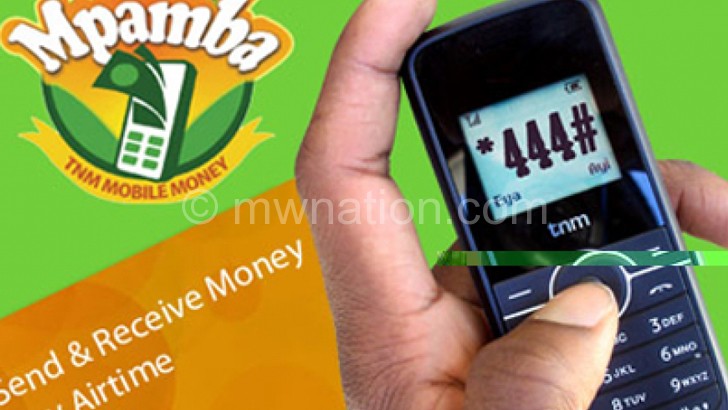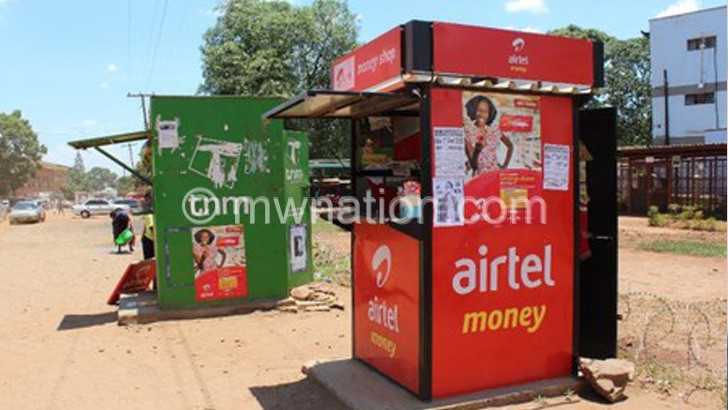Proposed 1% mobile money tax causes stir
The proposed one percent withholding tax on non-bank mobile money transactions threatens the financial inclusion agenda as the cost of the service will likely rise.
Law lecturer at University of Malawi’s Chancellor College Sunduzwayo Madise, who has written a number of papers on mobile money, argued that instead of using mobile money services to empower the rural masses and the unbanked or under-banked, the tax will now disempower them.

He said since the proposed tax will be based on the transaction amount regardless of the status of the user of the service, the cost of transacting on the mobile money platform will rise.
Said Madise: “So, with one hand, the mobile money service was touted as a solution to empower the rural people, but with another, the system has now decided to plot against the very people it should empower and will take from them the little that they have and fill up the tax purse.

“It, therefore, begs the question whether the mobile network operators [MNOs], micro-finance networks, the Consumers Association of Malawi (Cama) and the Reserve Bank of Malawi (RBM) were consulted. Or has the agenda to use mobile money as tool to get more Malawians on the financial bandwagon been abandoned?”.
RBM figures show that as at June 2019, the total registered subscriber base for non-bank mobile money services stood at seven million with only 37.4 percent of the total mobile money subscribers using the service during the 90-day period under review.
The mobile money agent network, on the other hand, stands at 45 929, with 81.1 percent located in urban and semi-urban areas and 18.9 percent in rural areas.
Justifying the introduction of the tax, Minister of Finance, Economic Planning and Development Joseph Mwanamvekha told Parliament last week that the tax will ensurethat more people are motivated to contribute towards national building through payment of taxes and ensure that government has scope to improve service delivery.
Malawi Confederation of Chambers of Commerce and Industry chief executive officer Chancellor Kaferapanjira has asked Treasury to reconsider the tax measure, arguing it is draconian and counters the efforts of RBM to promote non-cash transactions such as mobile money transfers.
Consumers Association of Malawi (Cama) executive director John Kapito said the introduction of the tax is a ‘war against the poor’.
“This is an insult that has come in this budget, which as consumers, we feel it is targeted at punishing the most vulnerable groups who are mostly in rural areas, doing small businesses,” he said.
Mobile money service is offered by private entities, MNOs and these are primarily in the telecommunication business and offer mobile money as an added service.





